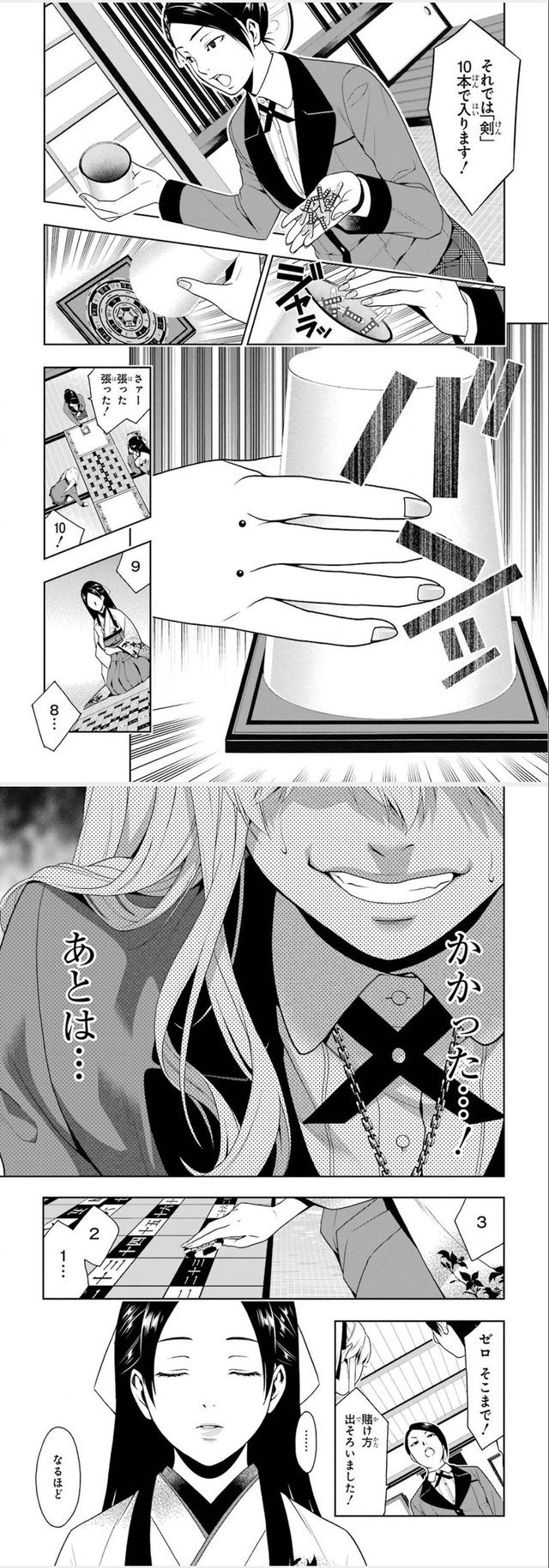I had never seen 賭け方 used like this, so I checked 青空文庫全文検索 and found four examples of it. Three of them seemed to simply mean "way of betting". The remaining one is this:
コン吉は、野兎の足を衣嚢【かくし】から取り出し、念を入れて三度鼻の頭を撫で、様子いかにと待ち構えていると、玉はおいおい活気を失い、[廻し役]{クルウピエ}が⦅[賭け方最早これまで]{オン・ヌ・ヴァ・プリユ}⦆と、披露【アノンセ】するとほとんど同時に、[MANQUE]{さきめ}とは縁のない[PASSE]{あとめ}の23に落ち着いた。
(Source: ノンシャラン道中記 南風吹かば ――モンテ・カルロの巻――)
This 賭け方 appears to mean "bet(s)" or "betting" rather than people who bet. ("オン・ヌ・ヴァ・プリユ", or "On ne va plus", seems to mean "No more bets" in French.) If this observation is correct, I think this is a rare and obsolete usage of 方 as a nominalizer. It's defined in dictionaries like this:
2 動詞の連用形や動作性の漢語名詞に付いて、…すること、の意を表す。「打ち—やめ」「調査—を依頼される」
You can see some more discussion here and here. So 賭け方出そろいました probably just translates to "All bets are in". Also note that the number of bets are variable but the number of players are fixed (two) in this scene, so it makes more sense to count the number of bets. Nevertheless, since there are very few examples even in old novels, it might be best not to overthink this.
By the way, what they're playing is not traditional 丁半 but an original game in the manga. Swords are not used in 丁半.

